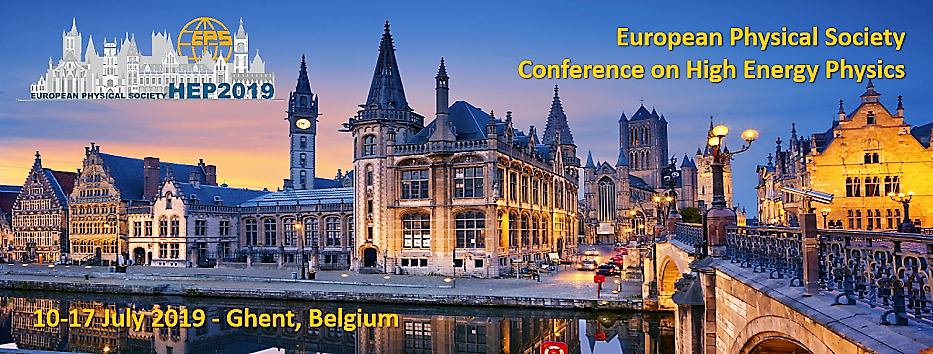Speaker
Description
The physics reach and feasibility of the Future Circular Collider (FCC) with centre of mass energies up to 100\,TeV and unprecedented luminosity have been studied and published in a Conceptual Design Report (CERN-ACC-2018-0058). In order to exploit the full physics potential of such a collider, a conceptual design of a possible reference detector has been developed. Proton-proton collisions at 100\,TeV will produce very high energetic particle showers in the calorimeters from both light jets and boosted bosons/top. The reconstruction of such objects sets the calorimeter performance requirements in terms of shower containment, energy resolution and granularity. Furthermore, high-precision measurements of photons and electrons over a wide energy range are crucial to fully exploit the FCC-hh physics potential, especially given the large amount of collisions per bunch crossing the detectors will have to face (pile-up of up to $\left<\mu\right>= 1000$).
This talk, on behalf of the FCC-hh detector group, will give a more detailed description of the detector performances, introducing the benchmark physics channels of the FCC-hh, and presenting simulation studies that have been performed in order to give a realistic estimate of the detectors performance. While the focus will lay on the calorimetric systems, the tracker design as well as the muon system requirements will also be discussed.
